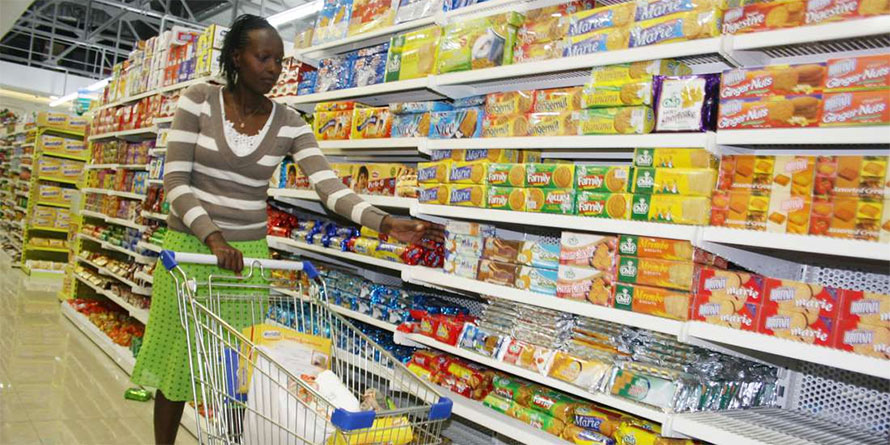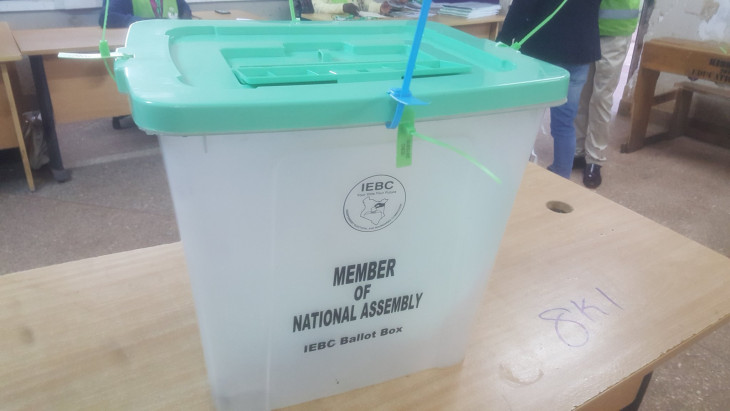Households feel the pinch as companies cut package sizes

From drinking chocolate, tea leaves, margarine, biscuits, sweets and detergents, manufacturers are quietly shrinking package sizes without lowering prices.
Popular brands are quietly reducing the size of their products sold in supermarkets without decreasing prices accordingly through a practice referred to as “shrinkflation” or shrinking inflation.
Business Hub looked at some 16 products consumed during breakfast, lunch or supper and sold in sachets, cubes and packets of up to 400 grammes, as well as recreational confectionaries purchased in pieces that have been affected. So are detergents.
The products that are being sold by fast-moving consumer goods (FMCG) companies include Cocoa drinking chocolate and Fahari tea leaves, margarine, biscuits, sweets and chewing gum and detergents whose prices have increased by between Sh2.50 and Sh10 while packages downsized. Experts say although shrinkflation is not new, it proliferates in times of high inflation as companies grapple with rising costs for ingredients, packaging, labour and transportation.
They say shrinkflation appeals to manufacturers because they know customers will notice price increases but won’t keep track of net weights or small details, like the number of sheets on a roll of toilet paper.
Experts among them Ronny Chokaa, an analyst with investment bankers Genghis Capital told Business Hub that it is also possible the downsizing of packages could be a result of manufacturers wanting to prevent incurring costs from accumulated and unsold products that were about to expire.
Consumer demand
“Manufacturers who accumulate on unsold inventory suffer increased obsolescence costs. To cushion against depleting consumer demand, they switch to mini-sized offerings,” he said, a move that usually leads to higher packaging expenses, which they pass on to consumers through price adjustments.
“Consumers thus pay premium prices on downsized product packages. This creates a vicious cycle,” Chokaa said.
This has ended up negating the “Uchumi wa Kadogo” concept that has for long brought economic relief to over 28 million Kenyans living in informal settlements and are price conscious, looking for quality products at affordable rates from micro-retailers colloquially called “dukas.”
The “dukas” account for over 67 per cent of Kenya’s annual retail sales and about 80 per cent of annual FMCG sales. As of 2019, there were more than 250,000 “dukas” employing over 1.5 million people in the country.
Bethwell Migiro, who runs a grocery along the Katani Road in Mavoko sub-county said “shrinkflation” has led to low sales turnover and reduced profit margins, with many of his clients now scouting for options in better-stocked groceries.
“Many of my customers have realised the difference in quantity. Some buy though they complain, saying the quantity has reduced. However, many are declining and instead looking elsewhere for better options which I don’t have,” Migiro said.












